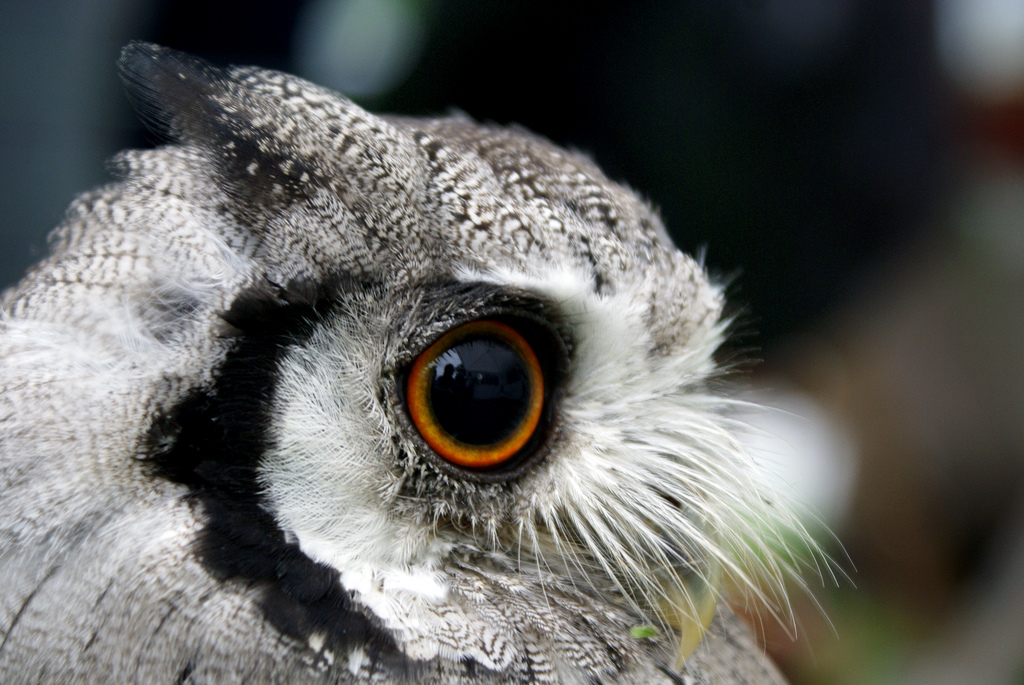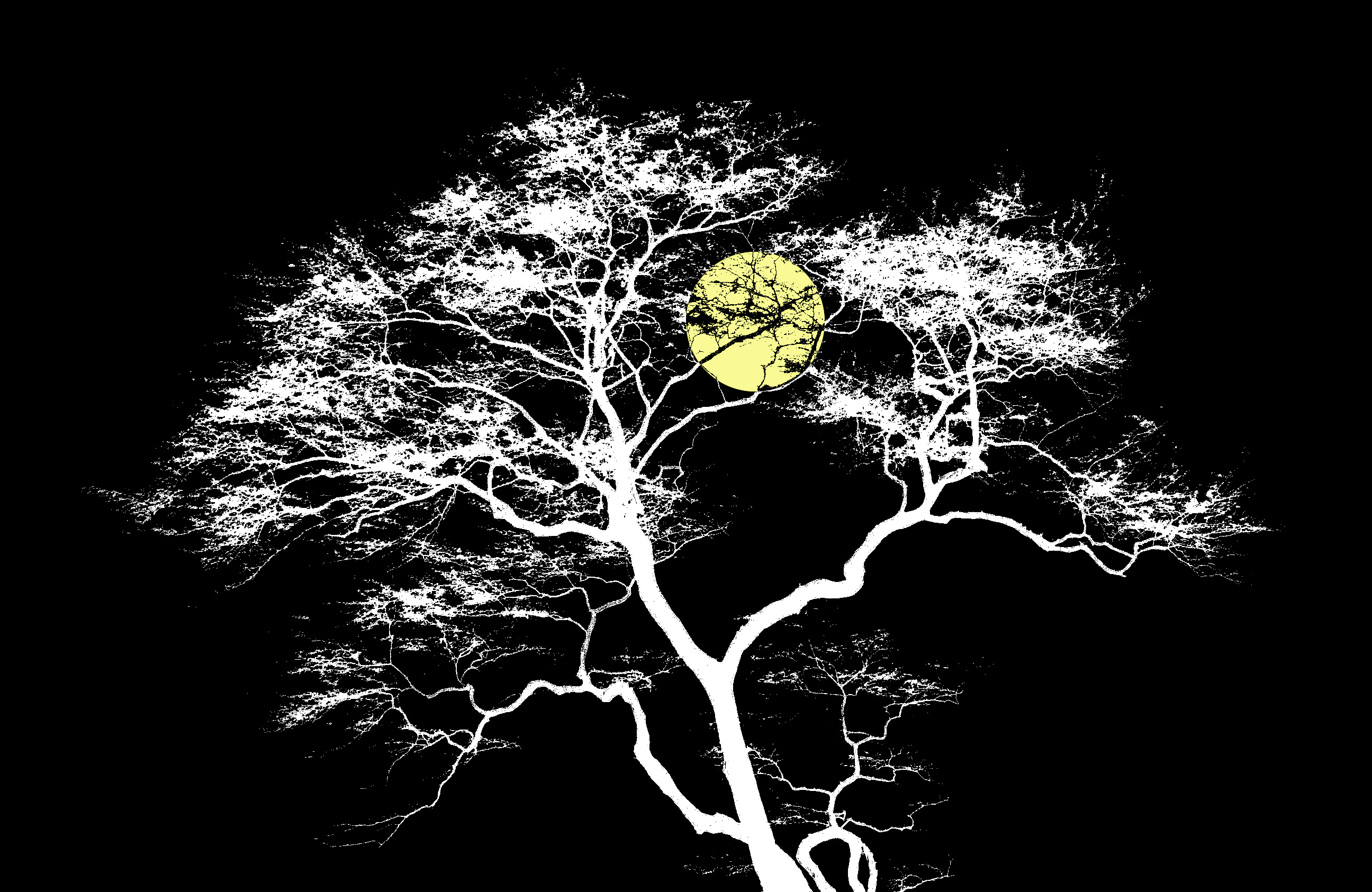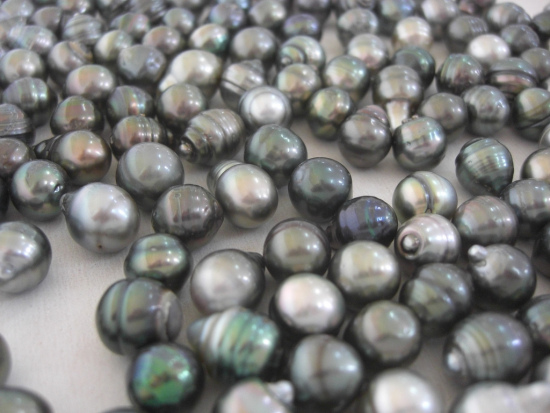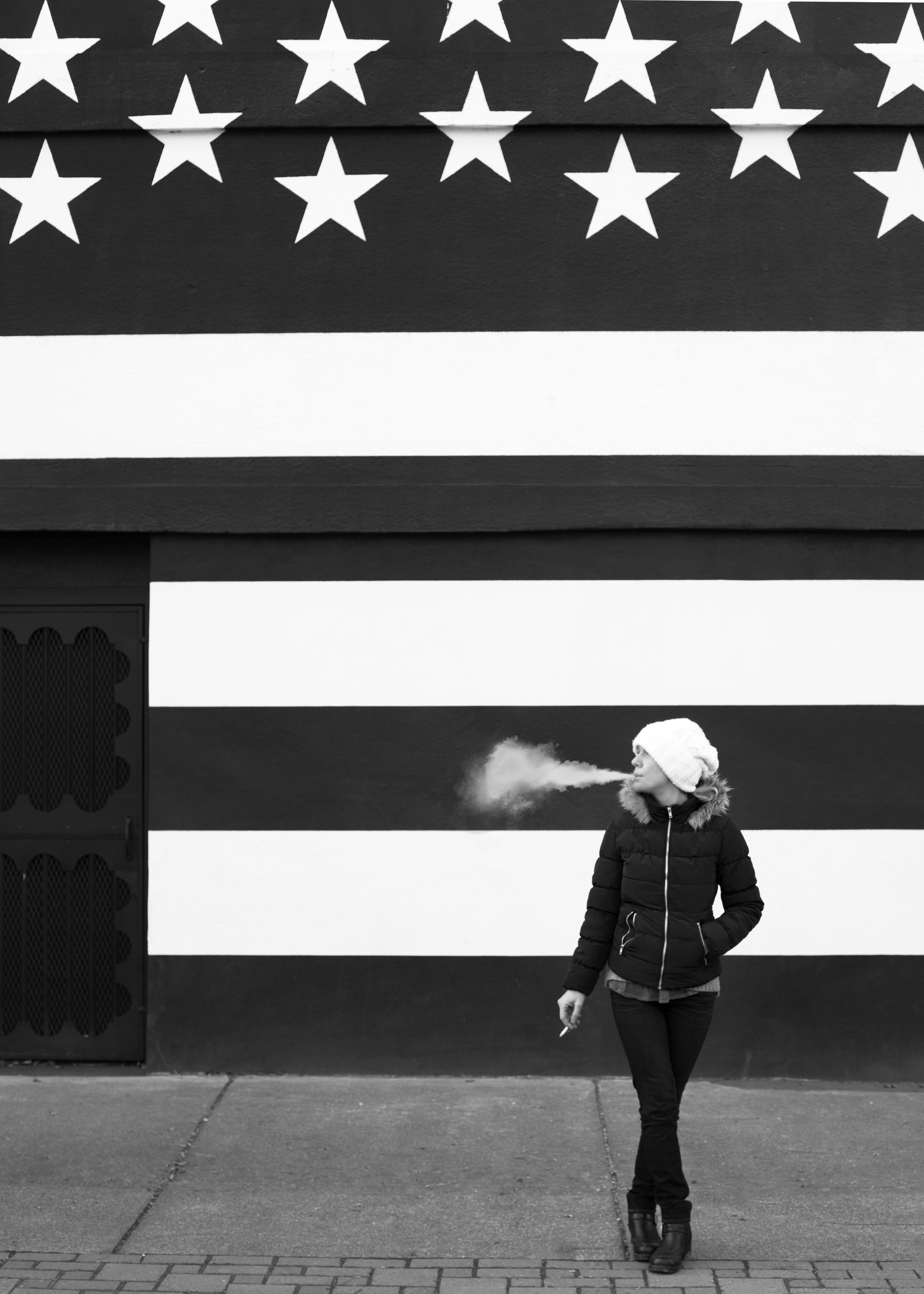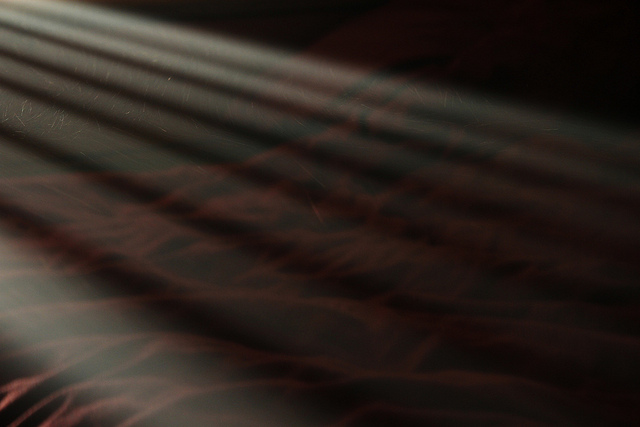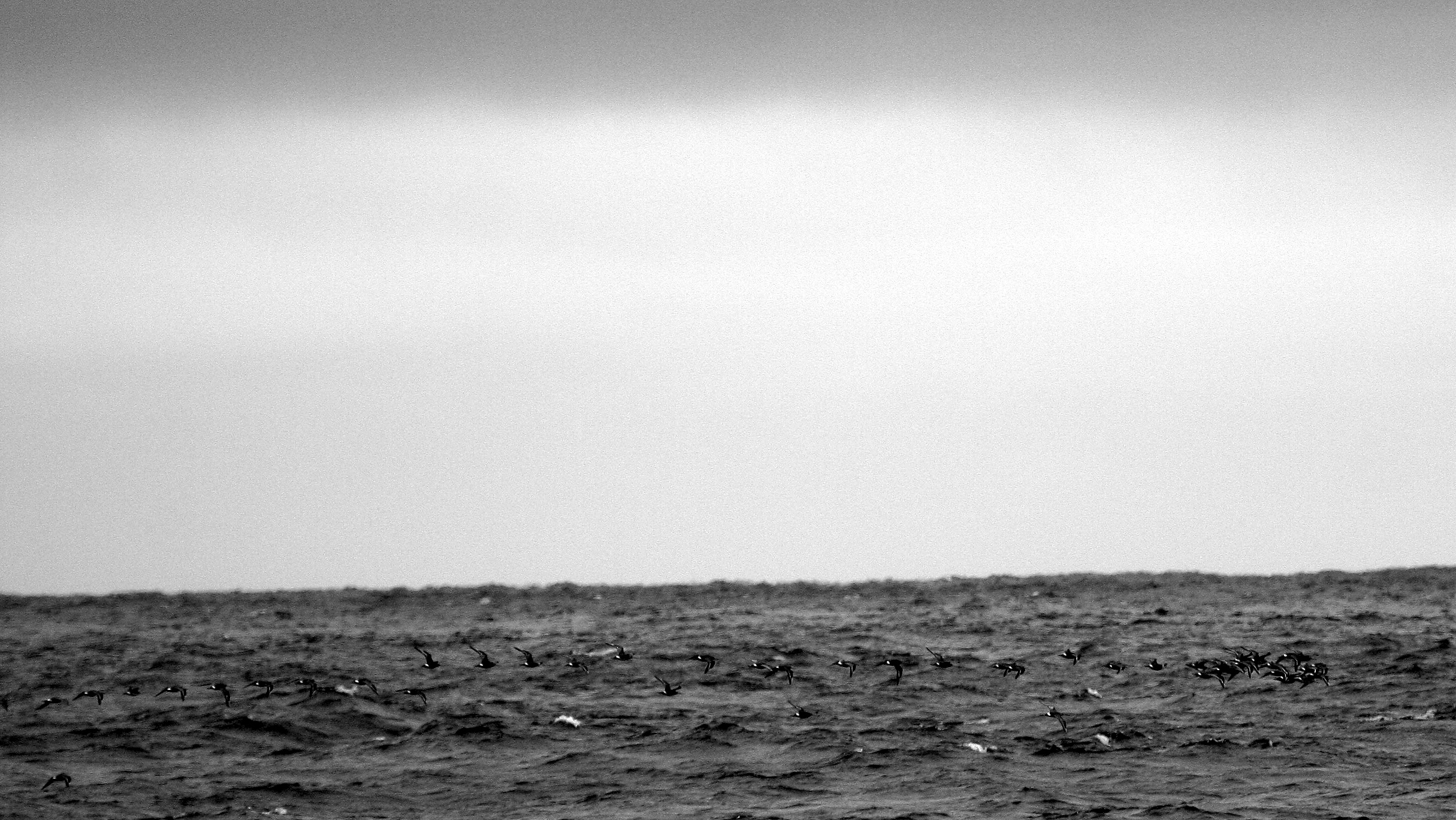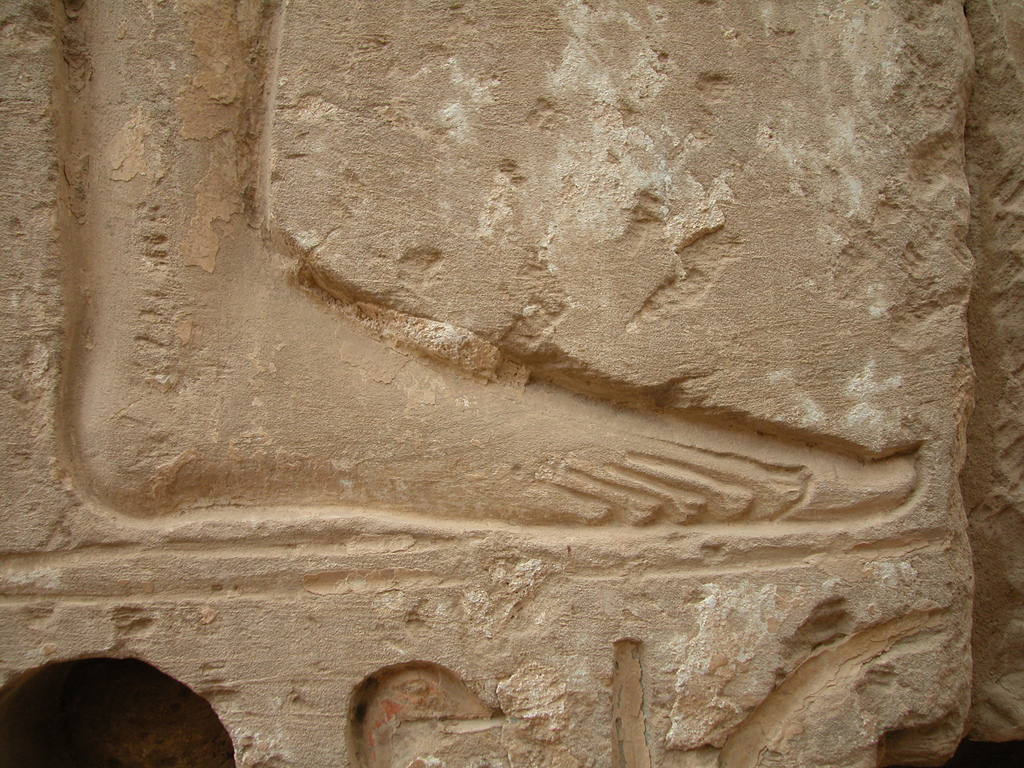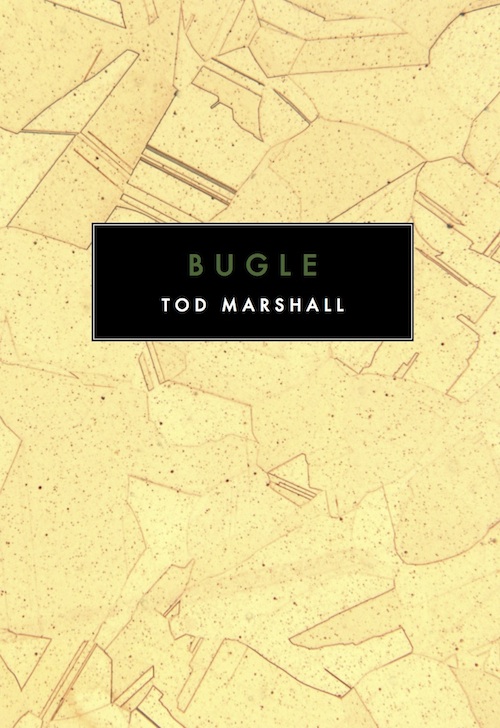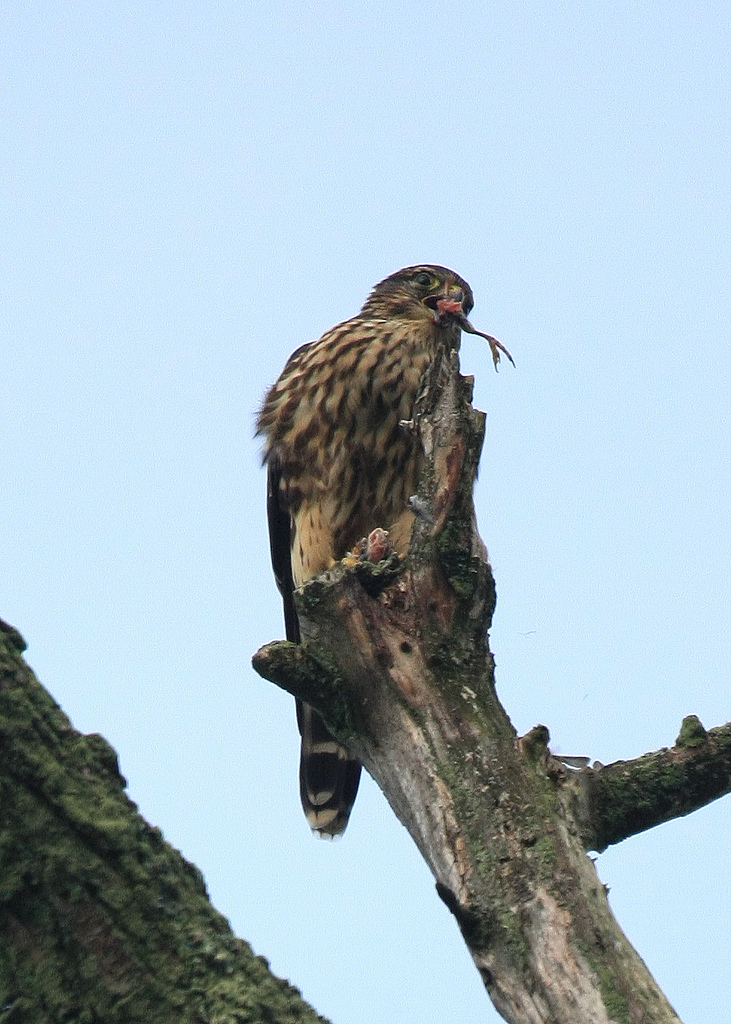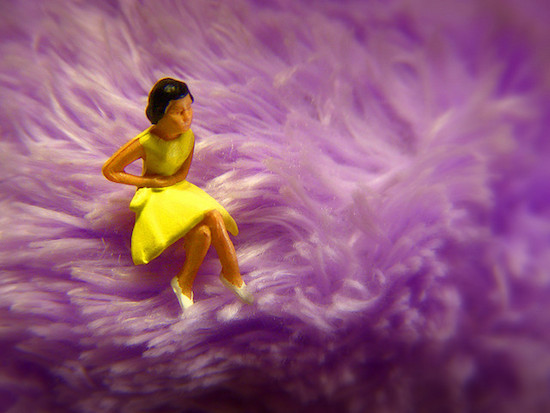Rich Ives: “The Old Woodcarver”
As I pieced together the verbal knife strokes of “The Old Woodcarver,” I was remembering German imagist poetry and thinking about the Native view of animals as so much more than what we call “totems.” I tried to capture a woodcarver aware of his subjects as not only emerging from the wood, but entering him, playing an intimate part in his life, a process the artist must surrender to more than create. We sometimes refer to lucid dreaming in relation to such ideas, but it’s more like lucid sleeping, the acceptance of the value and importance of where our internal experience takes us when we invite it, as we do falling into sleep, a choice but an acceptance as well of what is both part of us and beyond us. This is a process that continues into waking, when we allow it, overcome by it as we find ourselves entering the dream creatures awakened in the life already around us. The knife is the instrument of separation that also creates. We may use many things …

